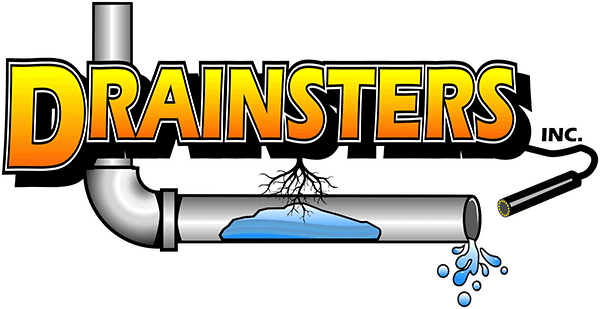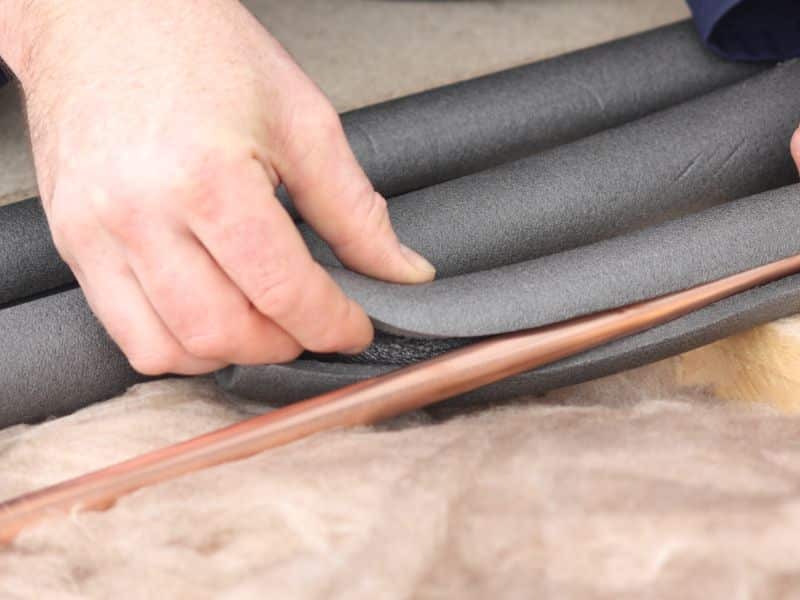The Impact of Cold Weather on Your Drains: Common Winter Plumbing Issues
As winter arrives in New England, the picturesque landscapes and snowy scenes come with their fair share of challenges, especially for your home’s plumbing system. Cold weather can wreak havoc on your drains and pipes, leading to common winter plumbing issues. Understanding these challenges and taking preventive measures can help you avoid costly repairs and keep your plumbing system in good shape throughout the winter months.
Frozen Pipes
One of the most dreaded plumbing issues during winter is frozen pipes. When temperatures drop below freezing, any water left in your pipes can freeze and expand, potentially causing pipes to burst. Here’s what you need to know:
- Prevention: To prevent frozen pipes, insulate exposed pipes, keep your home adequately heated, and allow faucets to drip slowly to keep water moving.
- Thawing Frozen Pipes: If you suspect frozen pipes, it’s crucial to act quickly. Use a hairdryer or heat tape to gently thaw the affected area, but avoid using open flames.
Clogged Drains and Sewer Lines
Winter brings increased indoor activities and cooking, leading to more debris and grease going down your drains. Cold temperatures can exacerbate clogs. Here’s how to address this issue:
- Prevention: Be mindful of what you put down your drains. Use sink strainers to catch food particles and avoid pouring fats, oils, and grease down the drain.
- Professional Drain Cleaning: Consider scheduling professional drain cleaning before winter to ensure your drains are clear and ready to handle increased usage.
Burst Pipes
Burst pipes are a nightmare for homeowners during winter. The expansion of frozen water can exert tremendous pressure on your pipes, leading to cracks or full-blown bursts. Here’s how to mitigate this risk:
- Insulation: Properly insulate pipes in unheated areas of your home, such as basements, crawl spaces, and attics.
- Maintain Indoor Temperature: Keep your home consistently heated, even when you’re away. This helps prevent pipes from freezing.
Septic System Issues
In rural areas of New England, many homes rely on septic systems. Cold weather can affect the soil’s ability to treat wastewater effectively. Here’s how to deal with this concern:
- Insulation: Insulate your septic tank and drain field to prevent freezing. Adding a layer of mulch or straw can help.
- Reduce Water Usage: During cold spells, reduce water usage to prevent overloading your septic system.
Water Heater Challenges
Winter means higher demand for hot water, which can strain your water heater. Here’s what to keep in mind:
- Lower the Temperature: Lowering your water heater’s temperature slightly can help prevent overheating and reduce energy consumption.
- Routine Maintenance: Consider scheduling a water heater inspection and maintenance before winter to ensure it’s functioning optimally.
Leaking Faucets and Fixtures
Cold weather can cause wear and tear on your faucets and fixtures. Here’s how to address potential leaks:
- Replace Washers and Seals: If you notice dripping faucets, replace worn washers and seals to prevent further leakage.
- Insulate Exposed Fixtures: For outdoor faucets, consider using insulated faucet covers to protect them from freezing temperatures.
In conclusion, New England’s winter can be challenging for your plumbing system, but with proper preventive measures and maintenance, you can minimize the risk of common winter plumbing issues. If you encounter any plumbing problems during the winter months, don’t hesitate to reach out to a professional plumber for assistance. Their expertise can help you resolve issues quickly and prevent further damage to your plumbing system.

